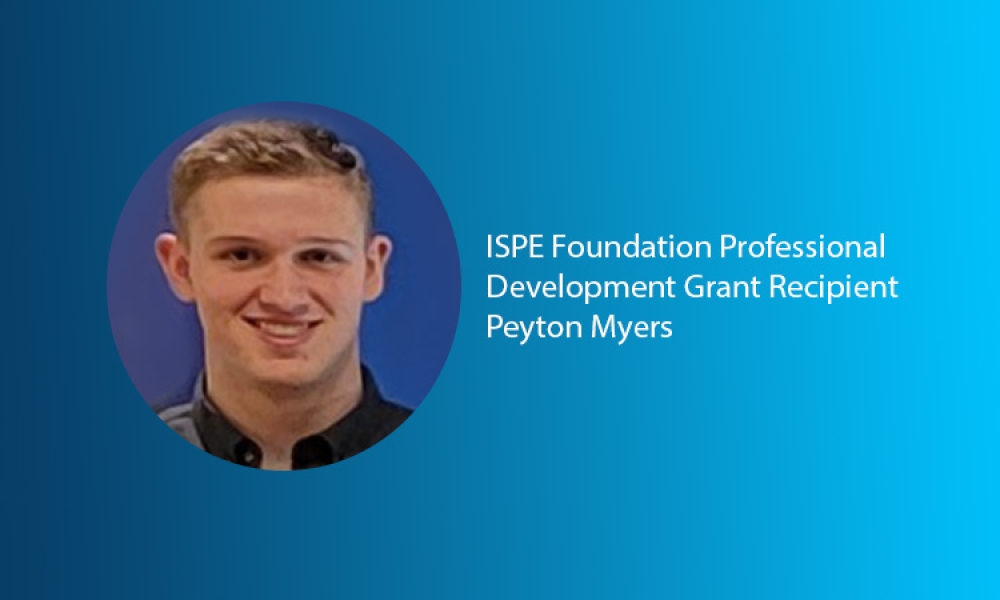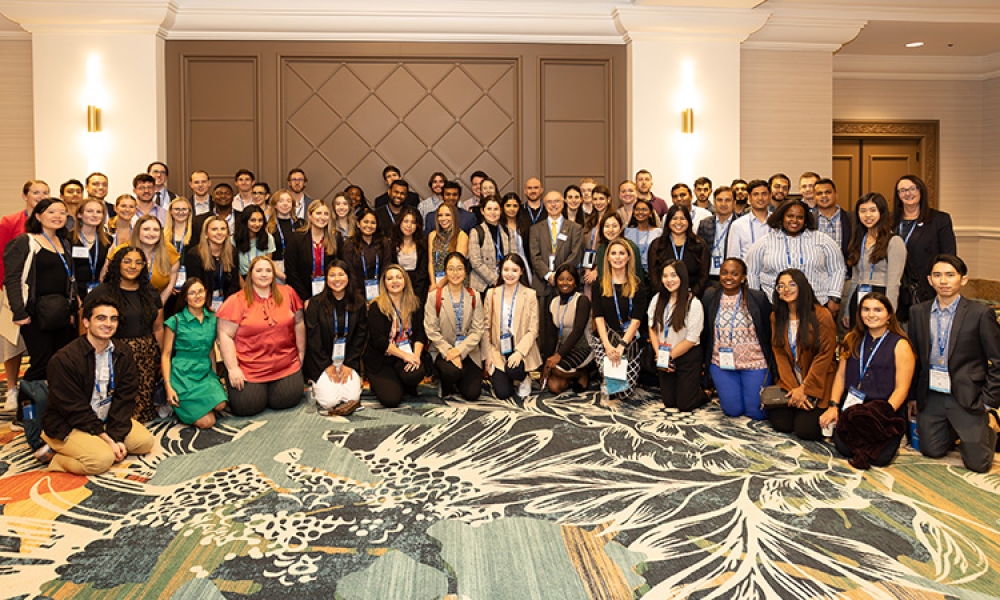Biotechnology: Past, Present, and Future



Lynne Krummen, Vice President and Head, Pharma Technical Development, Genentech Inc., delivered the second keynote at the opening session of the ISPE/FDA/PQRI Quality Manufacturing Conference, 6 June 2016: “Biotechnology: Past, Present, and Future.” She began by noting that 2016 marked the fortieth anniversary of Genentech, a company that pioneered recombinant DNA technology commercialization and spawned the biotech industry. The company’s pharmaceutical technical development strategy is founded in patient focus and innovation, Krummen explained, with rapid development of innovative therapies and robust processes to producing quality products. The evolution of recombinant protein began in the 1970s with production in E. coli. Recombinant tissue plasminogen activator (rtPA) technology followed, with Activase (alteplase) approved by FDA in 1987.
This became a foundation for monoclonal antibody (mAb) technology. Rituxan, the first mAb approved for cancer treatment, was approved by FDA in 1997. Herceptin, the first personalized medicine for cancer, was approved in 1998. “Over a million women were treated with Herceptin,” Krummen, said, “with tens of thousands of recurrences prevented.” The drug changed HER2 cancer from one of the deadliest to one of the most treatable. Today, Genentech has nine new molecules in clinical trials, Krummen noted, and seven are mAbs. “We know the molecular basis of disease now,” she said. “Cancer immunotherapy has started to come to fruition.” New therapies are being developed to attack multiple nodes in the cancer-immunity cycle. Bispecific antibodies, for example, can bind to two different antigens simultaneously.
The first bispecific antibody for hemophilia, emicizumab, is currently finishing Phase 3 clinical trials, with very promising results. Genentech is also exploring a number of highly diversified molecular formats and new therapeutic modalities—what Krummen calls “antibodies with everything on them.” Not all of these will be successful, she said, but many of them will be. Genentech’s fifth decade (2017–2026) will be characterized by individualized treatments and digitization of health care information. This will require early collaboration with research to pick the “right” molecule and “designing quality into molecule selection,” Krummen said. Roche has been heavily involved in quality by design, Krummen explained, “making choices at the beginning of development to ensure you make the most robust process possible.” The company is also using more miniaturization and automation, employing robotics for high throughput process development. Breakthrough timeline will shrink development timeline, Krummen said, sometimes in half.
Genentech has 13 breakthrough designations – among the highest in the industry. “But to move toward the future with innovation we need partnership between industry and regulators,” she added. “Roche supports efforts for regional and global harmonization.” “Our purpose,” she concluded, “is doing now what patients need next.” Save the date for the 2017 Quality Manufacturing Conference in Arlington, VA on 5 - 7 June 2017.



